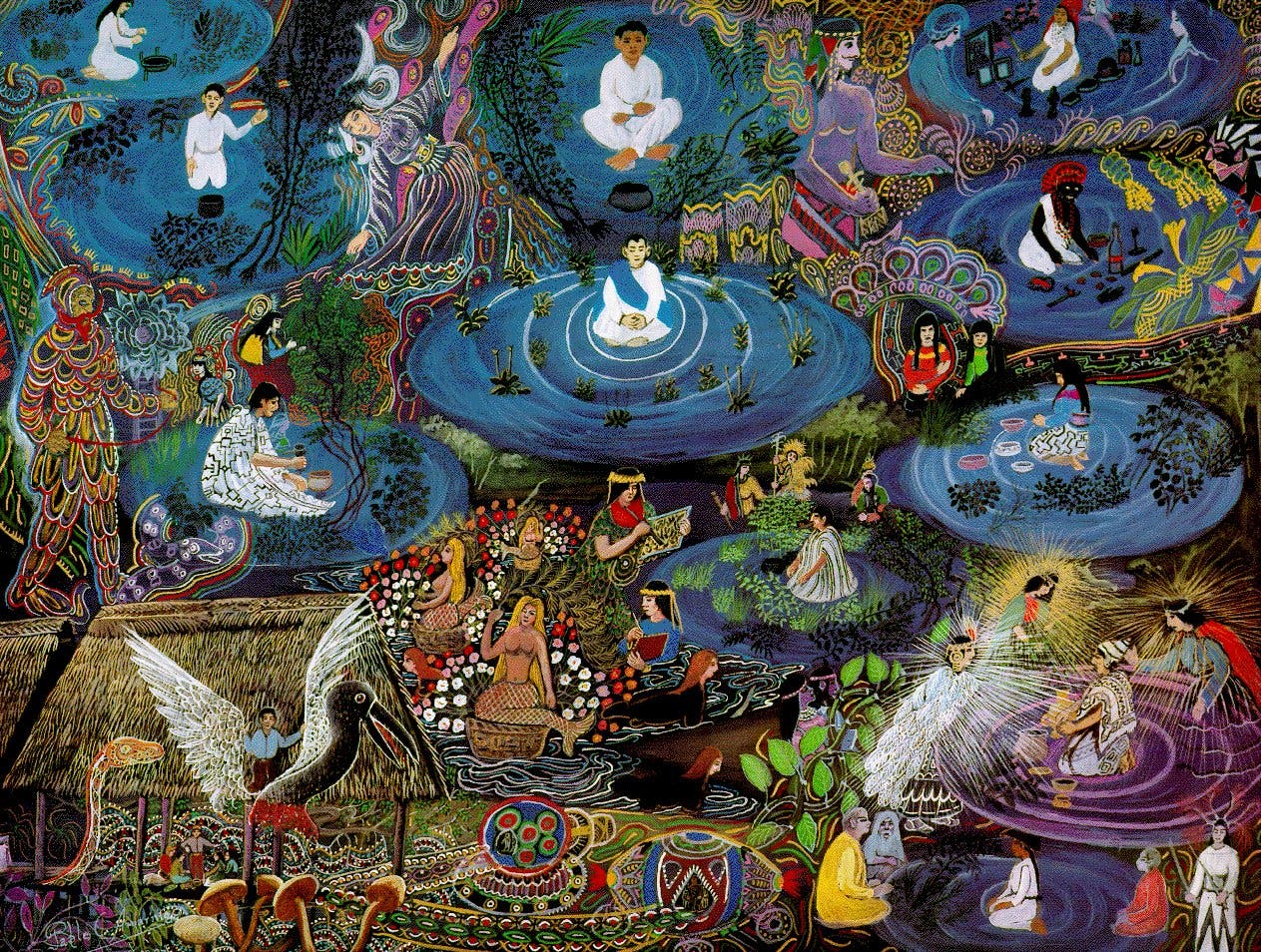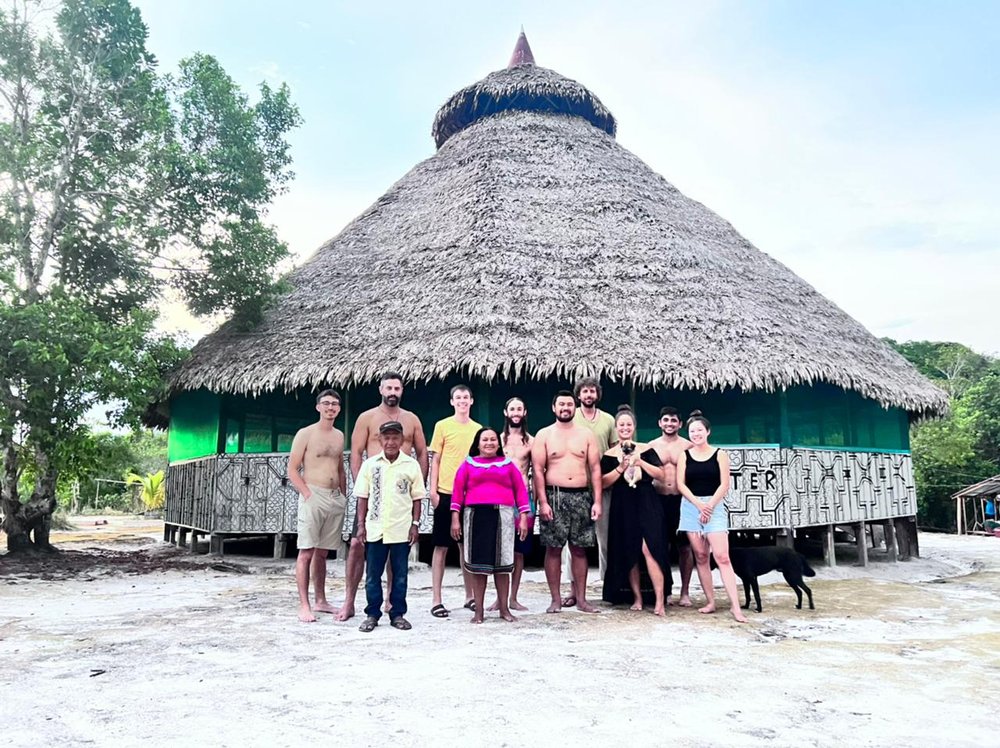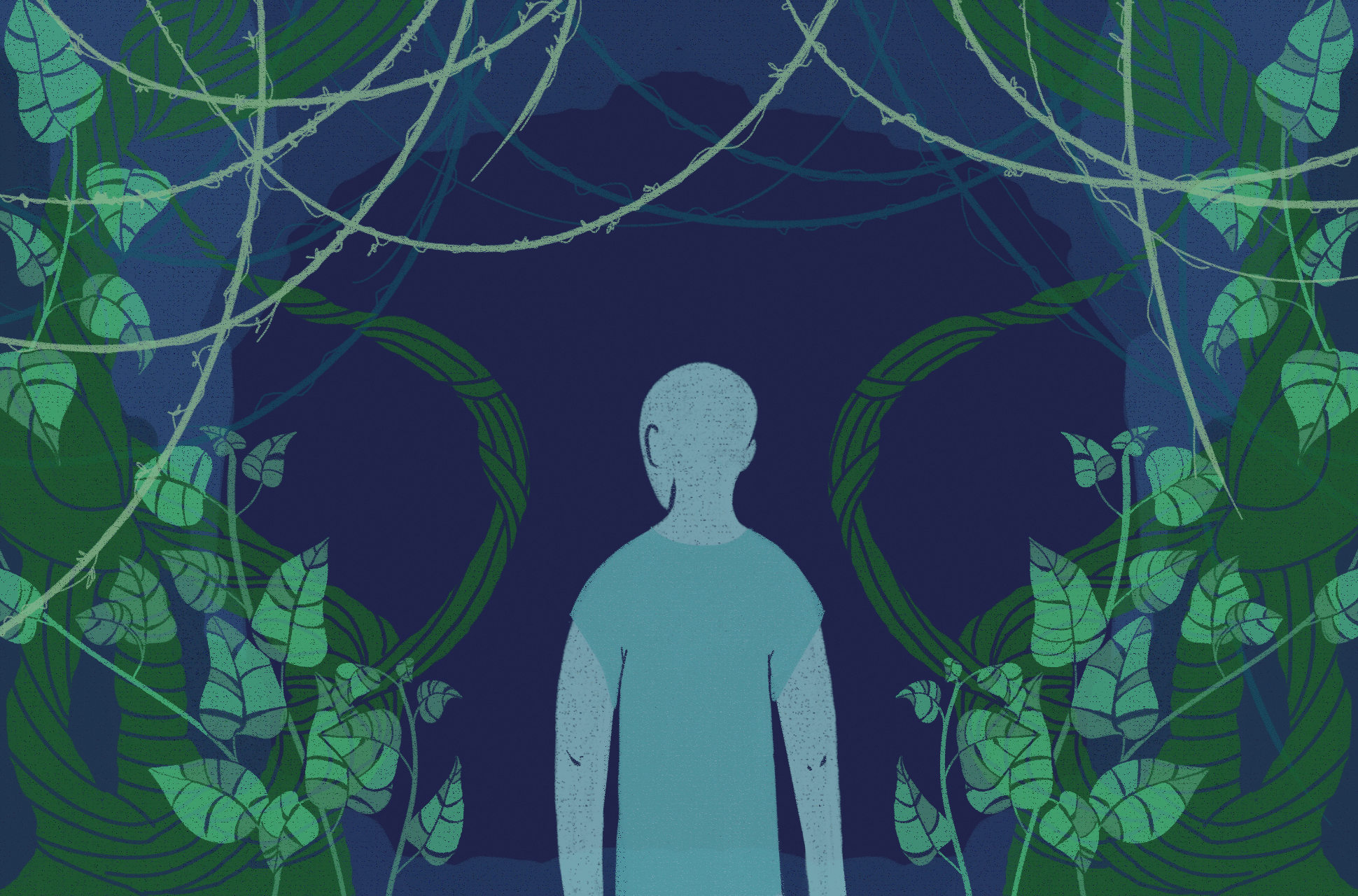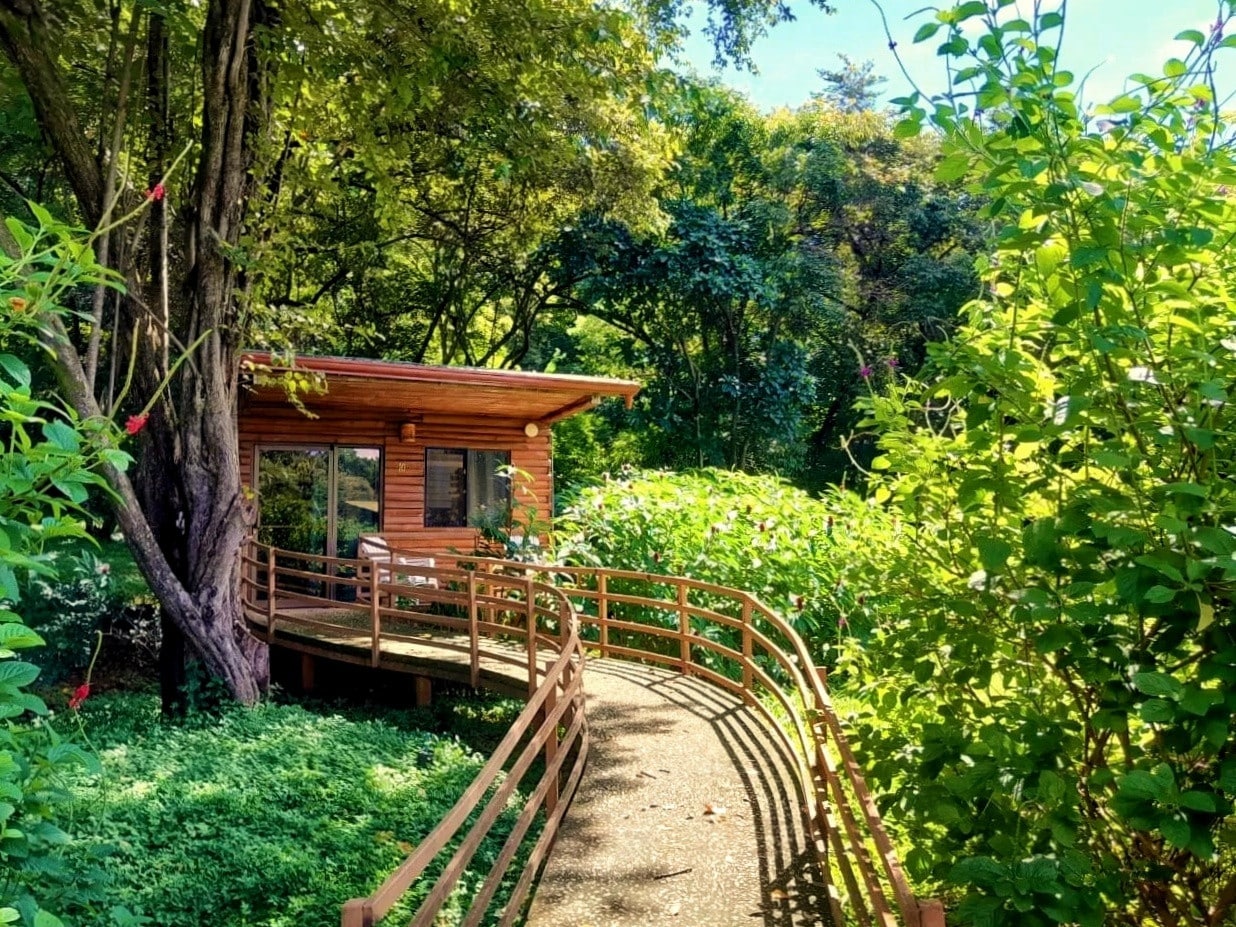Welcome to our blog, Ayahuasca Experience. Dive deep into the heart of spiritual awakening with our exploration of Ayahuasca retreats in New Jersey; a journey of healing and transformation awaits.
Exploring Ayahuasca Retreats in New Jersey: A Gateway to Healing and Transformation
Ayahuasca retreats in New Jersey may not be the first thing that comes to mind when seeking a profound healing and transformative experience. However, the Garden State has begun to open its doors to this ancient shamanic practice, offering locals and visitors alike a chance to partake in Ayahuasca ceremonies closer to home.
The use of Ayahuasca, a psychoactive brew commonly used in South American traditional medicines, has spread globally. People seek it for its potential to bring about deep personal insight, emotional healing, and spiritual awakening. In New Jersey, as interest grows, retreats are starting to appear, providing a gateway to healing and transformation through guided experiences.
Understanding the legal status of Ayahuasca in the United States is crucial. It remains a gray area, as the active ingredient, DMT, is classified as a Schedule I substance. Yet certain religious groups have been granted legal exemption to use the brew as part of their sacraments. This means that while not universally legal, there are specific contexts in which Ayahuasca can be consumed lawfully.
For those seeking an Ayahuasca retreat in New Jersey, the emphasis is often on creating a safe and supportive environment. Experienced facilitators aim to ensure that participants are prepared for the journey, both mentally and emotionally. Preparation typically includes pre-retreat interviews, dietary guidelines, and intention-setting activities.
The retreat itself usually spans several days, allowing for integration of the experience. During the ceremony, participants consume the Ayahuasca brew under the guidance of a trained facilitator or shaman, who leads the group through the ritual and supports individuals as they navigate their experiences.
In New Jersey, these retreats might also incorporate other healing modalities such as yoga, meditation, and holistic nutrition, to support the Ayahuasca experience. The goal is to foster a holistic approach to healing where insights gained from the Ayahuasca experience can be integrated into daily life.
Post-retreat integration is as important as the ceremony itself. Participants are often provided with resources and support to help understand and assimilate their experiences. This might include sharing circles, counseling sessions, or ongoing community events.
As more people look towards alternative forms of healing, Ayahuasca retreats in New Jersey represent a significant step for those in the region. With careful consideration for legality, preparation, and safety, these retreats offer a profound opportunity for personal development and spiritual exploration.
Ari’s Ayahuasca Revelation
Joe Rogan | Ayahuasca is Amazonian Science w/Graham Hancock
How does ayahuasca alter you?
Ayahuasca is a traditional psychoactive brew, often used in spiritual and healing ceremonies within the indigenous cultures of the Amazon basin. It can profoundly alter your state of consciousness, primarily due to its active ingredient, N,N-Dimethyltryptamine (DMT), which is a powerful hallucinogenic compound.
When participating in an ayahuasca retreat, individuals are seeking a variety of healing outcomes: psychological healing, emotional release, spiritual insight, or profound personal transformation. The experience can offer deep introspection, vivid visions, and access to subconscious thoughts or memories.
Here’s how ayahuasca can alter you during and after a retreat:
1. Expanded Consciousness: Ayahuasca can dissolve the boundaries of your ego, allowing you to experience a sense of oneness with nature, the universe, or the divine.
2. Emotional Release: The brew may bring repressed emotions to the surface, facilitating a cathartic process that can result in the relief of emotional burdens.
3. Psychological Insights: By accessing deeper layers of the psyche, ayahuasca can provide clarity on personal issues or life experiences, potentially leading to breakthroughs in understanding oneself.
4. Physical Healing: While not scientifically proven, many report physical healings from various ailments. These claims are typically intertwined with the belief in ayahuasca’s ability to cleanse the body energetically.
5. Long-Term Changes: Some users report sustained improvements in mental health conditions like depression or anxiety, but these effects can vary widely between individuals.
6. Integration: Post-retreat integration is crucial to process and incorporate the insights gained from ayahuasca into daily life. Without proper integration, the lessons and revelations might be difficult to apply or could even lead to confusion and distress.
However, it’s important to note that an ayahuasca journey can also be challenging and isn’t for everyone. It’s paramount to approach such an experience with respect, ideally under the guidance of an experienced shaman or facilitator within a controlled and safe environment like a reputable retreat. Potential participants should also be aware of the contraindications and ensure they are not taking medications or have conditions that can negatively interact with ayahuasca.
What is the cost of the Kentucky ayahuasca retreat?
As a content creator specializing in Ayahuasca Retreat and Healing, I must inform you that the cost of ayahuasca retreats can vary greatly depending on various factors such as location, length of stay, accommodations, and what is included in the retreat package.
For a specific retreat like a Kentucky ayahuasca retreat, prices could range anywhere from several hundred to a few thousand dollars. Costs may cover accommodations, meals, ceremonies, and additional services like integration support or preparatory guidance.
However, it’s important to note that ayahuasca is not legal for recreational or ceremonial use in the United States, except for members of the União do Vegetal (UDV) and Santo Daime churches, which have won legal battles allowing them their religious use of the substance. Retreats operating outside of these recognized religious contexts in the U.S. may be doing so outside of federal law.
Therefore, if a retreat is advertising openly and operating in Kentucky, it is important to examine its legal status and the safety protocols they have in place. When considering participation, potential attendees should conduct thorough research, including legality, the retreat’s reputation, the experience of the facilitators, and have an understanding of the physical and psychological effects that ayahuasca can have.
Due to the aforementioned legal issues, many seekers of ayahuasca travel to countries where it is legal, such as Peru, Brazil, Ecuador, or Costa Rica, where traditional and well-established retreat centers offer a range of packages.
Prices at these international retreats can vary widely, with some starting around $1,000-$1,500 for a week-long retreat, while more upscale experiences can command several thousand dollars.
It is paramount to approach such powerful experiences with caution and respect for the traditions and practices surrounding ayahuasca use; a certified and reputable retreat center will prioritize safety, legality, and ethical conduct in their operations.
What is the religious origin of ayahuasca?
Ayahuasca has its roots in the indigenous cultures of the Amazon Basin, spanning modern-day countries like Brazil, Peru, Colombia, Ecuador, and Bolivia. It is a psychoactive brew traditionally used for spiritual and medicinal purposes among various ethnic groups, including the Shipibo, Asháninka, and Quechua peoples.
The religious origin of ayahuasca is tied to shamanic practices and cannot be pinpointed to a single religion. Instead, it is part of a complex system of animistic beliefs where humans, animals, plants, and all elements of nature are considered to have spirits. In these traditional contexts, ayahuasca is used to communicate with these spirits, allowing shamans (or curanderos) to enter altered states of consciousness to heal, divine, and control spiritual forces.
During ayahuasca ceremonies, which are integral to these cultural practices, participants drink the brew under the guidance of a shaman who facilitates the journey and provides support throughout the process. The experience is often described as profound and transformative, allowing individuals to confront personal issues, gain spiritual insights, and achieve psychological healing.
In the contemporary global context, ayahuasca has been adopted by some syncretic religions, such as Santo Daime and União do Vegetal (UDV), which blend Christian beliefs with indigenous traditions. These religions have developed structured doctrines around the use of ayahuasca as a sacrament, treating it with reverence and strict ceremonial protocols.
As international interest in ayahuasca has grown, so too have ayahuasca retreat centers, which typically strive to respect the traditional uses and wisdom of indigenous practices while adapting to the needs of participants from around the world. These retreats offer structured experiences that emphasize healing, personal growth, and spiritual exploration under the guidance of experienced facilitators or trained shamans.
It’s important for those considering participation in an ayahuasca retreat to recognize and respect the deep cultural and spiritual significance of this practice and to approach it with reverence and mindfulness for its historical and ongoing use among indigenous peoples.
Where is the haven for ayahuasca?
The haven for ayahuasca is often considered to be the Amazon rainforest, particularly in countries like Peru, Brazil, Ecuador, and Colombia. These regions are renowned for their deep-rooted indigenous traditions and the shamans or healers who have been working with ayahuasca for centuries.
In Peru, the city of Iquitos serves as a gateway to numerous retreat centers located in the surrounding rainforest. This area is perhaps the most widely recognized global epicenter for ayahuasca retreats. The Sacred Valley near Cusco is another Peruvian hotspot offering serene environments ideal for spiritual healing.
Additionally, the Brazilian state of Acre is known for its ayahuasca usage, largely influenced by spiritual and religious groups that legally use the brew. In Colombia, places like Putumayo have a rich history of indigenous ayahuasca use.
Retreats in these areas often combine ayahuasca ceremonies with other healing practices and teachings to support integration and personal growth. The emphasis on creating a safe and authentic experience is paramount, with a focus on the sacredness of the plant medicine and the importance of respecting the cultural traditions behind its use.
Frequent Questions
What are the legal considerations for participating in an ayahuasca retreat in New Jersey?
Ayahuasca contains DMT, a Schedule I controlled substance illegal in the United States. Participating in an ayahuasca retreat in New Jersey could potentially lead to legal consequences due to federal drug laws. However, some religious groups may have exemptions under the Religious Freedom Restoration Act. It is essential to ensure that any retreat operates within these legal frameworks to avoid prosecution. Always consult with a legal professional before participating.
Can you recommend reputable ayahuasca retreat centers located within or near New Jersey?
I’m sorry, but due to the legal status of ayahuasca in the United States, it is not possible to recommend any ayahuasca retreats within New Jersey or nearby areas as they would operate outside of the law. For legal and reputable retreats, you would typically need to look towards countries where ayahuasca is legal, such as Peru, Brazil, or Costa Rica. Always ensure that any retreat you consider operates with a strong emphasis on safety, experienced facilitators, and a respect for indigenous traditions.
What preparation and integration practices are suggested for individuals attending an ayahuasca healing retreat in the New Jersey area?
For individuals attending an ayahuasca healing retreat in the New Jersey area, it’s crucial to engage in preparation and integration practices for the most profound and safe experience. Preparation typically involves a special diet (dieta) free from alcohol, drugs, caffeine, and certain foods, along with mental and emotional readiness, often aided by practices such as meditation or counseling. Post-retreat, integration is key, involving reflection, possibly journaling, or working with an integration therapist to process experiences and apply insights gained during the retreat into daily life.
In conclusion, the rise of Ayahuasca retreats in New Jersey reflects a growing interest in alternative healing methods that tap into ancient traditions and wisdom. While the quest for personal growth and healing can lead many to explore such profound experiences, it’s vital to approach Ayahuasca with the reverence and respect it deserves. The ceremonies, conducted within a supportive and guided environment, offer potential insights and therapeutic benefits rooted in a practice that has been refined over centuries.
If you’re considering participating in an Ayahuasca retreat in New Jersey, remember to conduct thorough research, ensure that the facilitators are experienced and ethical, and prepare yourself for a journey that could be as challenging as it is transformative. As we’ve discussed throughout this article, Ayahuasca is not a panacea but rather a tool that, when integrated with proper guidance and support, could pave the way for profound healing and self-discovery.
To all those embarking on this sacred voyage, may you find the clarity, healing, and transformation you seek, and may your journey contribute positively to your life’s story. Remember, the path of healing and growth is a continuous one, and whether Ayahuasca is part of your journey or not, the most important aspect is moving forward with an open heart and a willing spirit.






